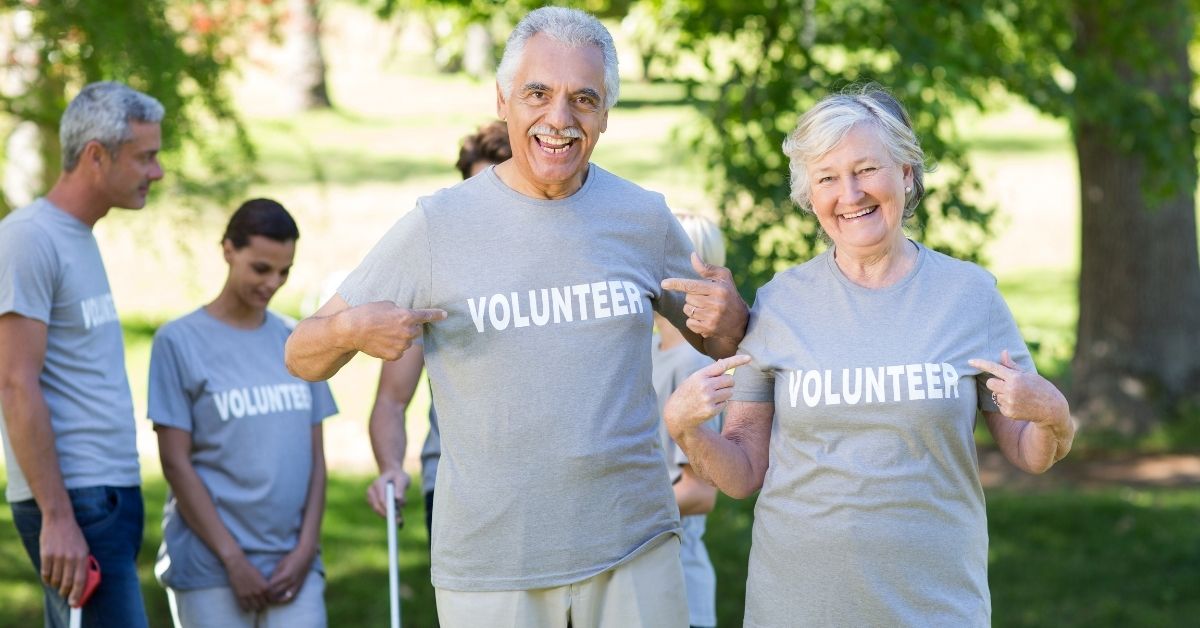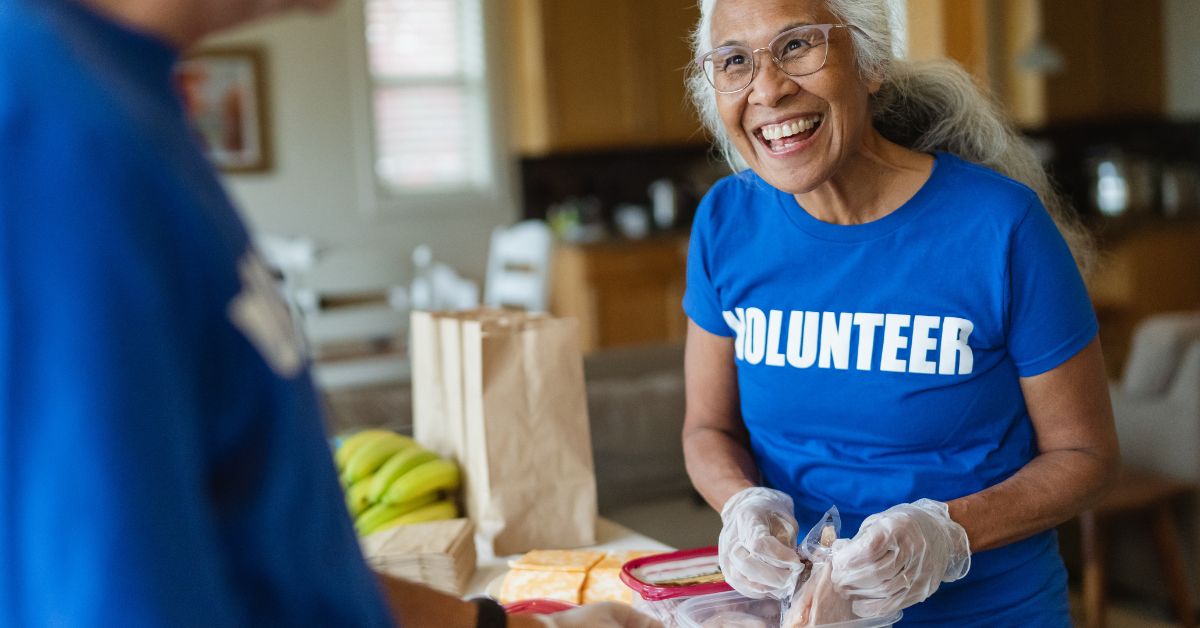
Volunteering in Retirement: Giving Back to Your Community
Retirement marks a new chapter in life, one filled with possibilities and the freedom to pursue what truly matters. It’s a time to explore new hobbies, travel, and reconnect with yourself. For many, it’s also the perfect opportunity to give back to the community, stay active, and connect with new people. Volunteering offers a fulfilling way to use your skills and experience to make a positive impact.
For mature singles, this can be an especially rewarding path. It creates a natural, low-pressure setting to meet like-minded individuals who share your values. Exploring different retirement volunteering ideas can open doors not just to personal growth, but to meaningful social connections as well.
The Emotional and Social Rewards of Volunteering
One of the greatest benefits of volunteering is the profound impact it has on your well-being. Transitioning into retirement can sometimes bring feelings of isolation, but engaging in service can help combat loneliness and instill a renewed sense of purpose. Studies have shown that older adults who volunteer report lower rates of depression and higher levels of life satisfaction.
When you dedicate your time to a cause you care about, you become part of a team. This sense of belonging fosters new friendships and strengthens your social network. The shared experiences and goals create a powerful bond between volunteers, leading to relationships built on a foundation of mutual respect and common interests. It’s a wonderful way to build a supportive community around you.

Exploring Retirement Volunteering Ideas That Align with Your Passions
Finding the right volunteer opportunity is about matching your interests and skills with a community need. The possibilities are nearly endless, so think about what you genuinely enjoy doing. Are you an animal lover, a skilled organizer, or someone who loves working with children? There is a role for you.
Here are a few retirement volunteering ideas to get you started:
- Animal Shelters: Help with feeding, walking, or socializing animals.
- Hospitals or Care Homes: Offer comfort to patients, read to residents, or assist with activities.
- Museums and Art Galleries: Become a tour guide or help with event setup.
- Local Schools or Libraries: Tutor students, read to children, or help organize shelves.
- Food Banks: Sort donations, pack food boxes, or assist with distribution.
- Community Gardens: Help plant, weed, and harvest fresh produce for local families.
Start by exploring opportunities online or contacting local non-profits directly. Many organizations are actively looking for dedicated volunteers. Finding the right fit ensures that giving back in retirement is both enjoyable and sustainable.
Volunteering as a Natural Way to Meet New People
For singles re-entering the dating world, volunteering provides a refreshing alternative to traditional methods of meeting people. It removes the pressure of a formal date and allows connections to develop organically while working toward a common goal. You’ll meet people from various backgrounds who are passionate and community-oriented—qualities many look for in a partner.
To make the most of this social setting, choose group-based activities where interaction is part of the work. Joining a committee to plan a fundraising event or participating in a team-based community project are great options for community service for seniors. Engage in conversation, attend volunteer appreciation events, and be open to forming new friendships. The camaraderie that develops among volunteers often leads to lasting and meaningful relationships, both platonic and romantic.
Staying Active and Healthy Through Service
Volunteering is not just good for the soul; it’s also beneficial for your physical and mental health. Many volunteer roles encourage you to stay active, whether it involves walking dogs, maintaining park trails, or setting up for community events. This type of regular, low-impact activity is excellent for maintaining mobility and overall fitness.
The mental stimulation that comes with community service for seniors is just as important. Learning new skills, solving problems, and engaging with different people keeps your mind sharp. Research indicates that volunteering can improve cognitive function in older adults. Choosing roles that challenge you intellectually, such as mentoring a young entrepreneur or helping a non-profit with their finances, can be incredibly stimulating. This commitment to giving back in retirement is an investment in your long-term health.
Making a Tangible Difference in Your Community
The most visible outcome of volunteering is the positive change it creates. Your time and effort directly contribute to the well-being of your neighbours and the improvement of your local area. Seeing the results of your work—whether it’s a cleaner park, a smiling child who has learned to read, or a family receiving a warm meal—provides an immense sense of accomplishment.
Think about the legacy you want to build. Volunteering allows you to leave a lasting mark on your community and inspire others to do the same. Many retirees find that their volunteer work becomes one of the most significant parts of their post-career life, offering a deep connection to their community and a clear sense of impact. Sharing your wisdom and experience can empower organizations and change lives. These retirement volunteering ideas offer a chance to be part of something larger than yourself.
Take the First Step Today
Volunteering in retirement is a journey that enriches your life while you enrich the lives of others. It’s a path to finding purpose, staying active, and building a vibrant social circle. The opportunities to make a difference are all around you, waiting for your unique skills and compassionate heart.
Start by researching local organizations that align with your passions. Reach out, ask questions, and take that first step. Your time is one of the most valuable gifts you can offer, and it can make a world of difference—not just for your community, but for you as well.











